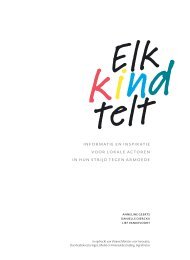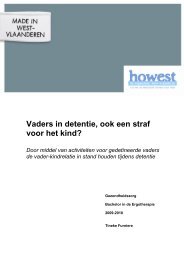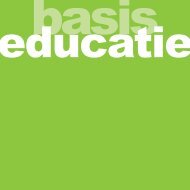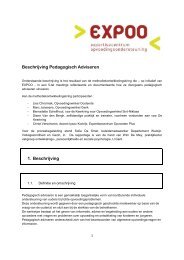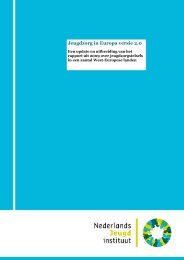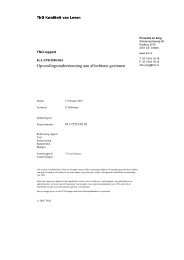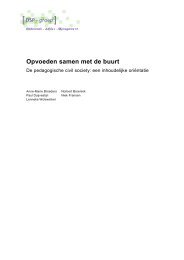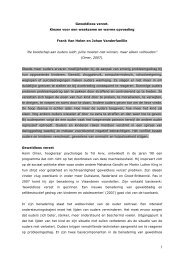Technique Is Not Enough (TINE) - British Psychological Society
Technique Is Not Enough (TINE) - British Psychological Society
Technique Is Not Enough (TINE) - British Psychological Society
- No tags were found...
You also want an ePaper? Increase the reach of your titles
YUMPU automatically turns print PDFs into web optimized ePapers that Google loves.
From this conference a commitment to develop the themes found there was immediatelyapparent and so we set about writing this paper in the same spirit to reflect both thecontent and the voice behind the issues. This is one reason why we have reported theexamples gained from our survey of parenting programmes verbatim, thus retaining boththeir concepts and their voice. We believe this gives the totality of the accounts richnessand we hope it also undercuts any concern that we might be promoting the effectiveness ofany one programme over another. Our choice of examples (reviewed and summarised bythe first author) was very inclusive and is not intended to imply any differential valuejudgements on our part nor is it necessarily representative of what might be available nor isit likely to be comprehensive. Our intent is simply to give a space to a reasonable level oftheoretical sampling of the kinds of good work out there and for the ideas behind them tobe shared openly across a diverse and creative field.As part of a wider programme of activities on developing socially inclusive practice, the<strong>Society</strong> is taking a lead on these issues. It is seeking to work collaboratively withprofessional organisations committed to the inclusion of disadvantaged children andfamilies and work co-productively with service user parents to set priorities for enhancingchild well-being and mental health in the UK.2.3. The value of socially inclusive practice for our intendedaudiencesIn this paper we aim to support the widespread implementation of evidence-basedparenting and family skills training programmes by highlighting how the fundamentalpsychological principles that underpin socially inclusive practice can be used to enhance theoverall and cost-effectiveness of such programmes. Because of this our paper has twoprimary audiences. Our first main audience consists of professionals from health, educationand social care involved in the commissioning and implementation of local servicesdesigned to enhance child well-being. It is hoped that they will fund and successfully runevidence-based parenting programmes that can be culturally adapted by taking a sociallyinclusive stance towards implementation. We urge such groups to seek guidance from theirlocal educational, clinical, counselling, forensic, occupational and community psychologists.Along with programme developers themselves, psychologists from all backgrounds are oursecond main audience. <strong>Not</strong> only are psychologists developing and refining modelprogrammes they are also increasingly involved in local commissioning and implementation.We hope this paper will provide these two sets of stakeholders with a rich source of ideason how to make parenting programmes more socially inclusive as well as providing strongjustification for giving this agenda the attention it deserves.For commissioners and professionals implementing programmes this will mean putting inplace mechanisms that can assess whether local potential programme candidates candemonstrate a track record of addressing high attrition rates for low-income sociallymarginalised parents, and to determine if they can describe strategies that integratessocially inclusive practice from the outset. This could form a useful element in a localstrategy to Commission for Social Return on Investment (SRIO) (Cabinet Office, 2009).This will also have implications for the new Commissioning Boards to be developed byGeneral Practitioners as a result of the publication of the Health and Social Care Act (2012).12 Professional Practice Board



